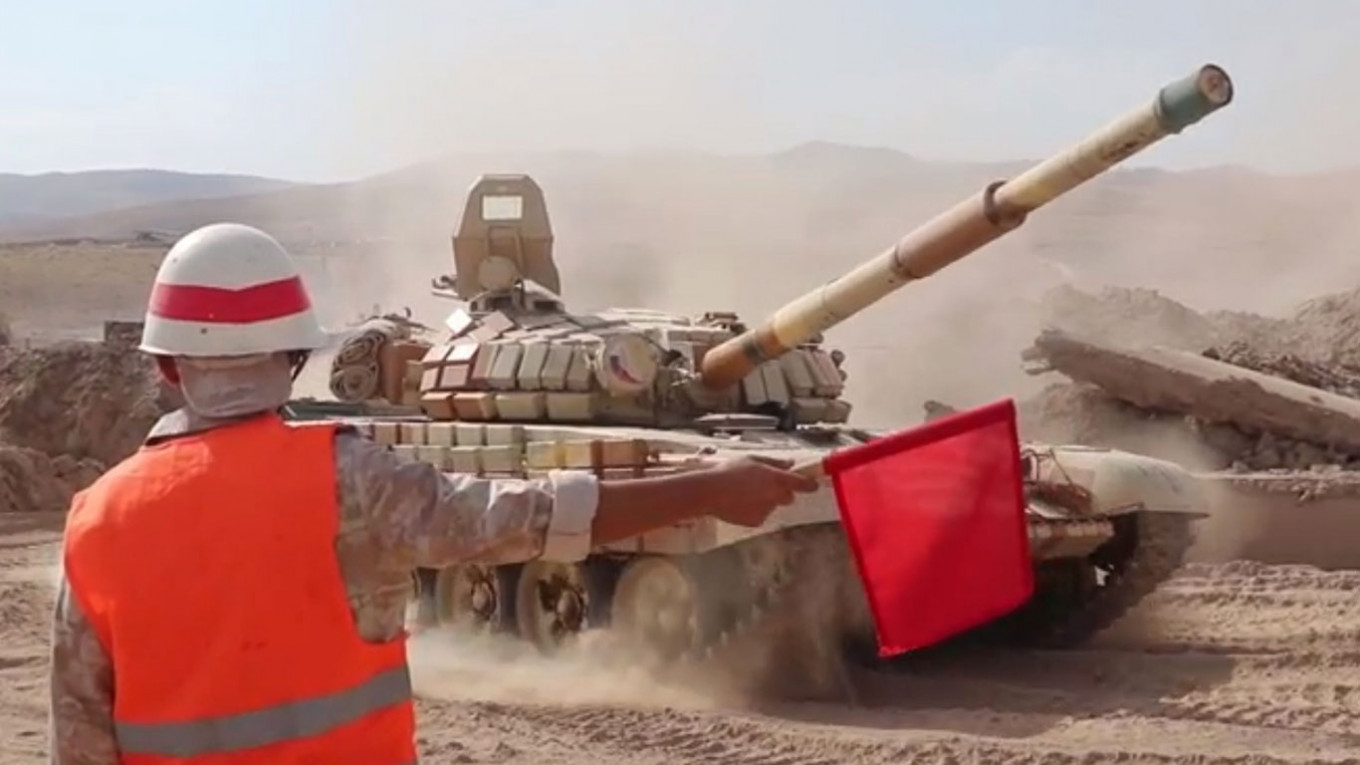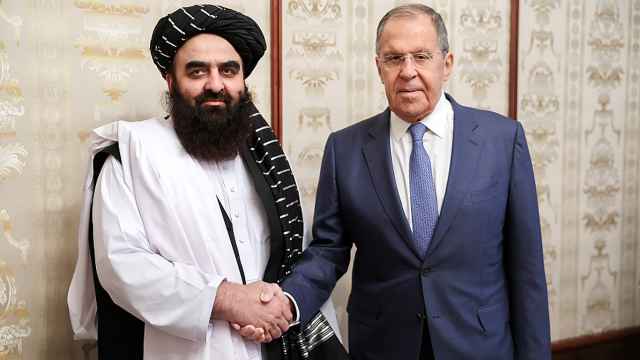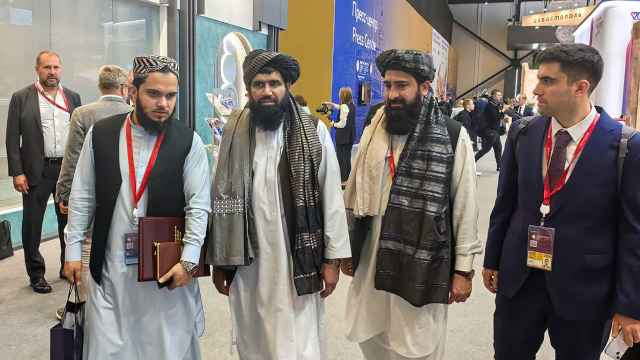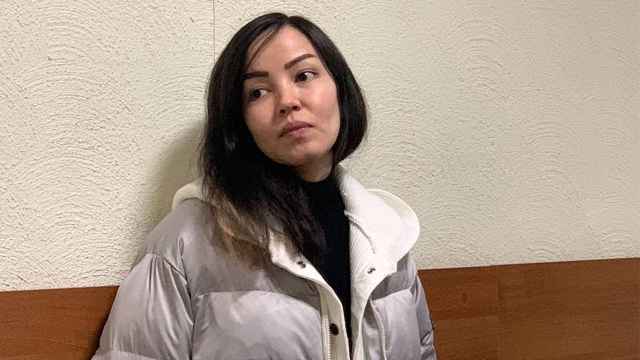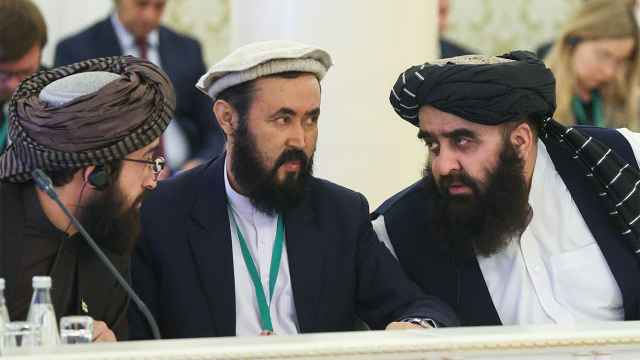The Russian military's chief of staff arrived in Central Asia Thursday as Russia held military drills in two ex-Soviet countries bordering Afghanistan where Kabul is struggling to contain a ferocious Taliban offensive.
Valery Gerasimov, chief of the Russian military's General Staff flew into Uzbekistan -- Central Asia's most populous country — to observe joint Russian-Uzbek military drills. Both armies also took part in separate exercises with neighboring Tajikistan on Thursday.
During a meeting with Uzbek counterpart Shukhrat Khalmukhamedov, Gerasimov said the drills took place amid a worsening situation in the region and "to practice actions to repel terrorist threats."
Gerasimov also said Moscow was increasing supplies of weapons to the region amid a deterioration in Afghanistan that he blamed on the "hasty" withdrawal of US-led forces.
"The main threat to the Central Asian region today comes from the Afghan direction," said Gerasimov, who was expected to meet with other top Uzbek officials, according to a Russian defense ministry statement.
Moscow has positioned itself as a bulwark against potential spillover from Afghanistan into Central Asia, while casting a suspicious eye on military cooperation between the countries of the region and the United States.
The joint exercises at the Kharb-Maidon training ground just 20 kilometers (12 miles) from the Tajik border with Afghanistan involve 2,500 troops from Russia, Tajikistan and Uzbekistan.
A further 1,500 troops are involved in the drills that began at the end of last month at Uzbekistan's Termez training ground.
Fighting in Afghanistan's long-running conflict began to intensify in May, when US and other foreign forces began the first stage of a withdrawal due to be completed later this month.
The Taliban already control large swathes of the countryside and are now challenging Afghan government forces in several large cities.
Uzbekistan, which maintains Central Asia's largest standing army, quit the Russia-led Collective Security Treaty Organisation (CSTO) military bloc for the second time in 2012.
Tashkent has not rejoined the group that consists of six former Soviet states but has increased its bilateral military cooperation with Moscow under President Shavkat Mirziyoyev, who has been in power since 2016.
Russia maintains major military bases in Central Asia's two poorest countries, Tajikistan and Kyrgyzstan.
A Message from The Moscow Times:
Dear readers,
We are facing unprecedented challenges. Russia's Prosecutor General's Office has designated The Moscow Times as an "undesirable" organization, criminalizing our work and putting our staff at risk of prosecution. This follows our earlier unjust labeling as a "foreign agent."
These actions are direct attempts to silence independent journalism in Russia. The authorities claim our work "discredits the decisions of the Russian leadership." We see things differently: we strive to provide accurate, unbiased reporting on Russia.
We, the journalists of The Moscow Times, refuse to be silenced. But to continue our work, we need your help.
Your support, no matter how small, makes a world of difference. If you can, please support us monthly starting from just $2. It's quick to set up, and every contribution makes a significant impact.
By supporting The Moscow Times, you're defending open, independent journalism in the face of repression. Thank you for standing with us.
Remind me later.


